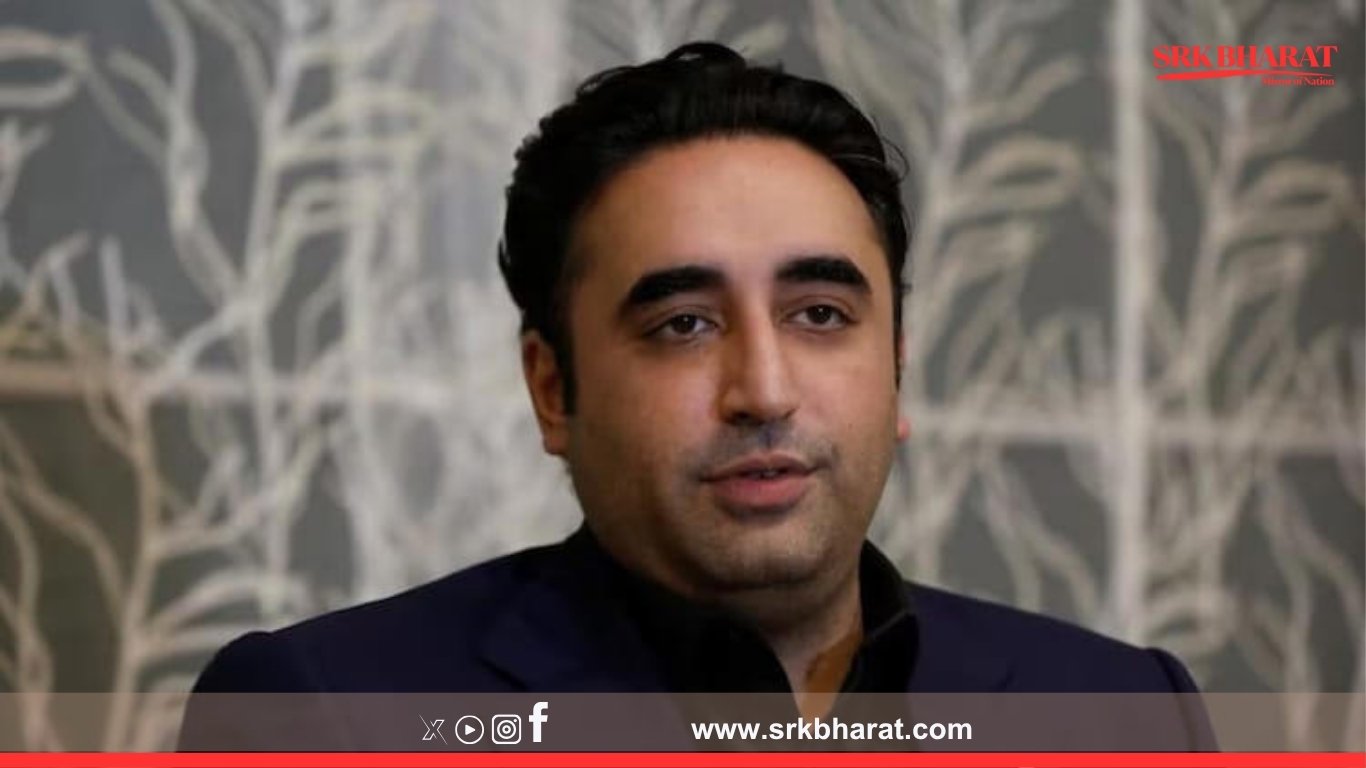Tensions between India and Pakistan have escalated sharply after Pakistan People’s Party (PPP) Chairman Bilawal Bhutto Zardari issued a fiery warning, declaring that India’s suspension of the Indus Waters Treaty amounts to a “call for another war.”
Speaking at a public rally, Bhutto said,
“India has only two options: agree to the Indus Water Treaty, or Pakistan will wage war and seize all six rivers.”
The statement comes in response to India’s abrupt withdrawal from the 1960 Indus Waters Treaty, following a deadly terror attack in Jammu & Kashmir’s Pahalgam that killed 26 civilians. Indian Home Minister Amit Shah announced that the treaty “will never be restored,” and that water previously flowing into Pakistan would be diverted to Indian states like Rajasthan via new canal infrastructure.
🌊 Water as a Flashpoint
Bhutto framed the issue as existential, calling water “a red line” and asserting that Pakistan is the true custodian of the Indus civilization. He warned that India’s actions could provoke a full-scale conflict if not reversed.
🛑 Treaty Suspension Fallout
- Water flow to Pakistan has dropped by nearly 20%, according to Pakistani officials
- Dams are nearing dead levels, threatening agriculture and drinking water supplies
- Pakistan’s Foreign Ministry called India’s move a “brazen violation” of international law and is considering legal action
🧭 Strategic and Diplomatic Implications
Analysts warn that the Indus dispute could become a major flashpoint in South Asia, especially as both nations face internal political pressures and regional instability. The World Bank-brokered treaty, once hailed as a model of post-colonial cooperation, now hangs in the balance.
Stay tuned for developments on this high-stakes regional standoff.











